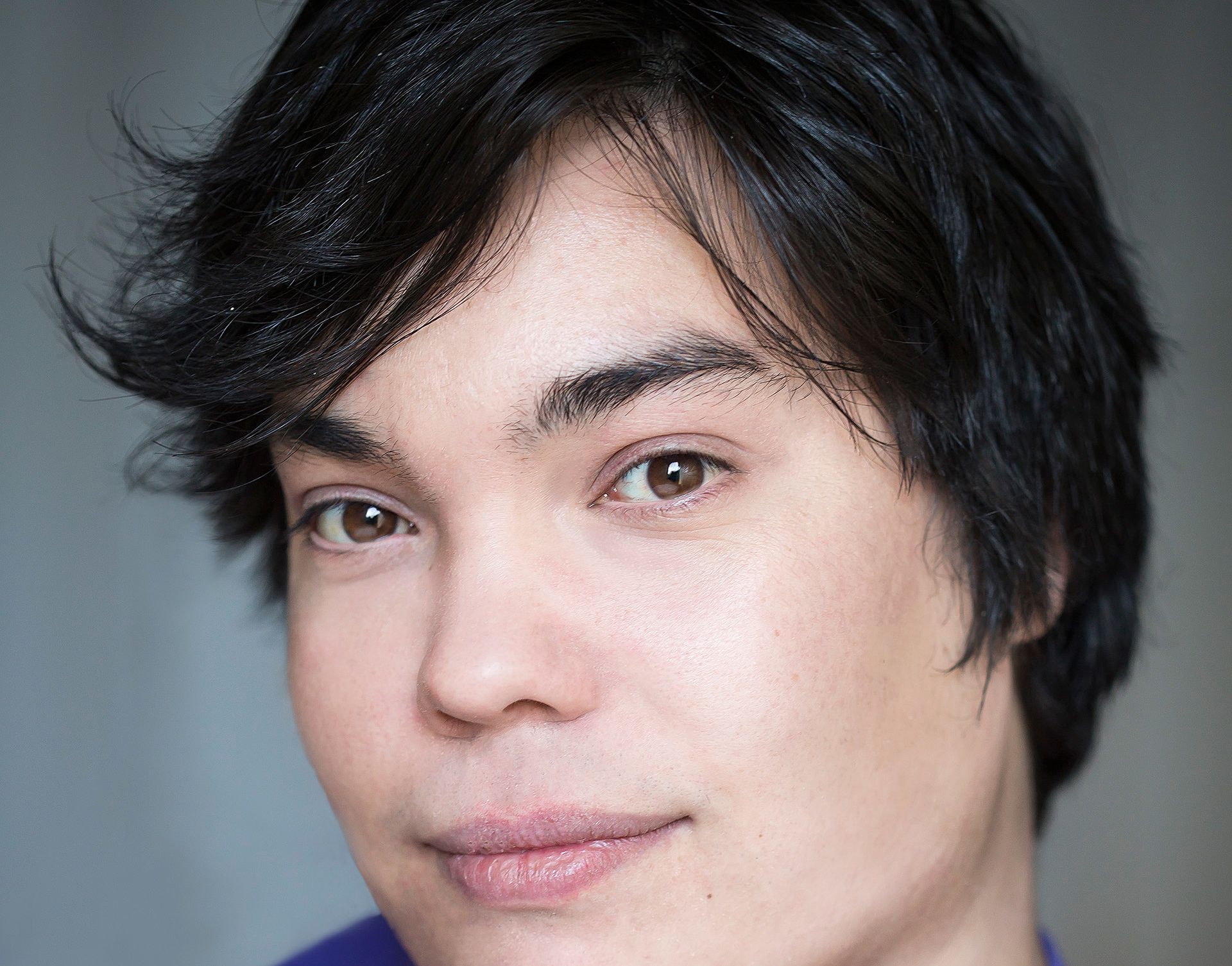Review: This is Our Youth
Sam Brooks reviews This Is Our Youth at The Basement
An actor’s showcase is a risky endeavour.
There are plays that exist primarily to show off an actor’s abilities. They’ve remained in the public repertoire almost solely for that reason. They are revived every now and then for an A-lister to show off what they can really do onstage, or they run forever on Broadway with dozens of replacements. If these aren’t musicals like Chicago or Grease, they’re one-room naturalist plays with minimal theatricality and maximum monologues. They’re plays that are famous because of who has been in them, not for their actual content. This is Our Youth is one of those plays.
It’s a simple story of three privileged white twenty-somethings in the late 80s; Warren, Dennis and Jessica. The trio are less characters than they are monologue couriers and what little action there is in the play doesn’t come from within the characters, but from narrative inevitability; this has to happen, this character has to act in this way and this character has to react in this way so that this can happen later.
There are plays that exist primarily to show off an actor’s abilities. They’ve remained in the public repertoire almost solely for that reason.
It’s not a play that is especially appealing on its own. The plot has arbitrary stakes and the characters are thorny and unlikeable, their problems are largely the result of their own adolescent reactions to their privilege, and we’re never asked to sympathise with their story. Kenneth Lonergan is too clever a writer for this to be unintentional, but the characters are so unlikeable that we are never able to buy into their story, and the displacement of the text doesn’t help. This is Our Youth is about people in their early twenties play set in the early eighties in New York, written in the mid-nineties by a man in his mid-thirties, being put on in 2015 in New Zealand. It’s difficult for an audience to stretch that far to buy into a text that has little interest in being bought into, or even being relatable.
This play’s place in the theatrical canon is less bewildering when you consider the list of names that This is Our Youth has associated with it, from people as established as Michael Cera and Anna Paquin to people as obscure as Chris Klein and Heather Burns. Kenneth Lonergan’s play sets up challenges for actors; three characters that are hard to like interacting with each other over three extended scenes, with multiple monologues between them and many chances to play the dark and lightness within the characters or to lash out at each other. It’s an actor’s dream.
There’s a thrill to seeing a known presence, a star, subvert itself. When we see Robyn Malcolm, New Zealand’s only true star, riff on her established persona in Mary Stuart, Midnight in Moscow and The Good Soul of Szechuan, it’s thrilling because we’ve seen her on TV and we know all her roles. It’s exciting to see her serve the same delectable dish with different seasonings. I can only imagine it’s the same kind of thrill that would have greeted an audience seeing the puppy-dog features of Freddie Prinze Jnr twist themselves to play the pathetic and hyperactive Warren.
When you remove the star from the equation, the flaws in This is Our Youth become apparent. When you don’t have content to buy into, you buy into an actor. People don’t flock to a Meryl Streep movie because of the plot, people flock to it because it’s a Meryl Streep film. This is Our Youth relies on this buy-in to succeed as a play, and when you lose that star quality, any production is going to fall flat. You’re not seeing a star play against their established persona, you’re seeing an actor participate in a particularly long acting exercise.
Seeing This is Our Youth without the benefit of a seeing a star in it makes the flaws in the text apparent. In a star’s mouth, the pages and pages of circular dialogue and meandering monologue might be compelling, but coming out of a normal actor’s mouth, no matter how capable or talented they are, they simply come off as ready-made audition pieces; the surprise and the shock is gone. You don’t have the thrill of seeing Michael Cera smoke weed onstage, or the shock of seeing Anna Paquin make out with Jake Gyllenhaal. You can’t blame an actor for not being a star, but you can blame a text for not supporting an actor.
You can’t blame an actor for not being a star, but you can blame a text for not supporting an actor.
Ryan DuLieu is an appealing Warren, externalising all of Warren’s hyperactive and nerdy idiosyncracies as much as he does Warren’s insecurities around the three standard insecurities for privileged white boys in their twenties: Drugs, women, money. At the start and ends of the play, a few of the choices, especially his physicality, seem overly precise without being especially clear, but he relaxes into the character in the middle of the play; it’s a pleasure to see him sit in the character rather than push it out at us.
Alex Jordan is especially impressive, especially considering Jessica’s one-dimensional role in the play; she exists to be a foil to Warren, and to provoke him into developments. In a play where the characters are more writerly constructs than human beings, Jordan finds a core to Jessica that makes her believable and even relatable. She manages to twist Lonergan’s labyrinthian language into something that sounds like how people talk, let alone how privileged twenty-somethings in the 80s talk, and that’s an achievement in itself.
Less successful is Alex MacDonald’s Dennis. MacDonald is saddled with arguably the most difficult character in the play, especially where audience engagement is concerned. Whereas Warren and Jessica eventually manage to achieve a warmness and genuine human connection with each other, Dennis is never afforded that and he is instead a creature of pure raging id. He acts horrendously towards everybody else in the play and is only opened up us as a vulnerable character towards the end of the play, less as an organic development and more as a stab for audience sympathy. Sadly, by that point the audience has likely already been so turned off that it’s a stab in vain.
MacDonald’s choices for Dennis are entirely understandable, but not especially revelatory. He is loud, he is quick-mouthed and he moves around with an exaggerated physicality that doesn’t line up with the naturalistic text. The first scene between him and DuLieu becomes exhausting to watch because everything is externalised, and while there’s a compelling primal element to it at the start, it quickly wears away and what clarity the text has is lost. The actors are so focussed on the intention of the line and the emotions behind it that they stop listening to each other, and it becomes a test of endurance for both the cast and the audience.
Watching these monsters is like watching animals tear at each other in a zoo.
A lot of this is inherent in the text. Ben Henson’s direction is solid, even if the shifts between beats are felt a little abruptly. His integration of Christine Urquhart’s genius set is seamless, and the closest the play comes to expressing an idea. The steel bars that surround them make it look like some demented piece of modern art; watching these monsters is like watching animals tear at each other in a zoo.
I come into This is Our Youth as a fan of Lonergan’s work. You Can Count On Me and Margaret are the best American films of their respective decades, but the play showcases none of his strengths. There’s none of his gentleness or thematic ambition, there is brute force dialogue that is demanding that you understand how profound it is. You hear one voice speaking through three characters, and when you get to the end of the play, a full hour and forty minutes, you don’t feel moved or enlightened, you feel like you’ve endured something.
This is Our Youth is not for an audience. It’s an actor’s piece through and through. It exists largely to put actors through their paces, and it’s a text that definitely demands a lot of its cast without giving a lot back, but it doesn’t provoke anything in an audience. If you want to see three actors act for one hundred minutes, which a lot of people want to see and frankly sometimes I really enjoy seeing, then it’s not the worst, but if you’re looking for a satisfying or thought-provoking piece of theatre, this is not where you’ll find it.
This is Our Youth plays at the Basement Theatre from 7-18 April
Tickets available through iTicket
See also:
Janet McAllister for NZ Herald
Dione Joseph for Theatreview

